Horsemeat scandal: Trial of firms accused of selling horse as beef opens in Paris
- Published
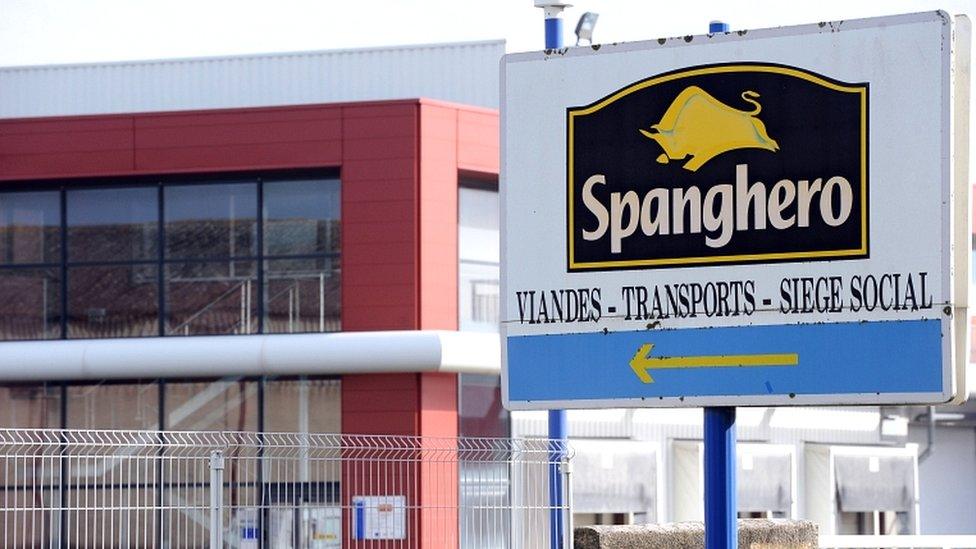
Two of the accused are former managers of French meat-processing firm Spanghero
Four people have gone on trial in Paris over the 2013 horsemeat scandal in Europe.
Two former managers of French meat-processing firm Spanghero are accused, along with two Dutch meat traders.
They are accused of using cheap horsemeat in beef products that were sold across Europe.
One Frenchman denies knowing he was being sold horse, Reuters news agency reports, but one of the traders says he knew what he was buying.
It was not immediately clear how the other defendants would plead.
Millions of meals were withdrawn from supermarket shelves after they were found to contain horse instead of beef.
The Irish authorities found in early 2013 that horsemeat had been used in frozen burgers labelled as "pure beef".
The four men are accused of helping organise the sale of more than 500 tonnes of horsemeat in 2012-2013 to a subsidiary of Comigel, a French company whose frozen meals were sold in more than a dozen European countries.
Spanghero is also accused of selling more than 200 tonnes of horsemeat mainly in the form of beef merguez sausages.
Investigations at the time found that horsemeat had originated from Romanian abattoirs via two companies based in Cyprus and the Netherlands.
It was then labelled incorrectly as beef. Spanghero and the Dutch middlemen are accused of pocketing the resulting profits.
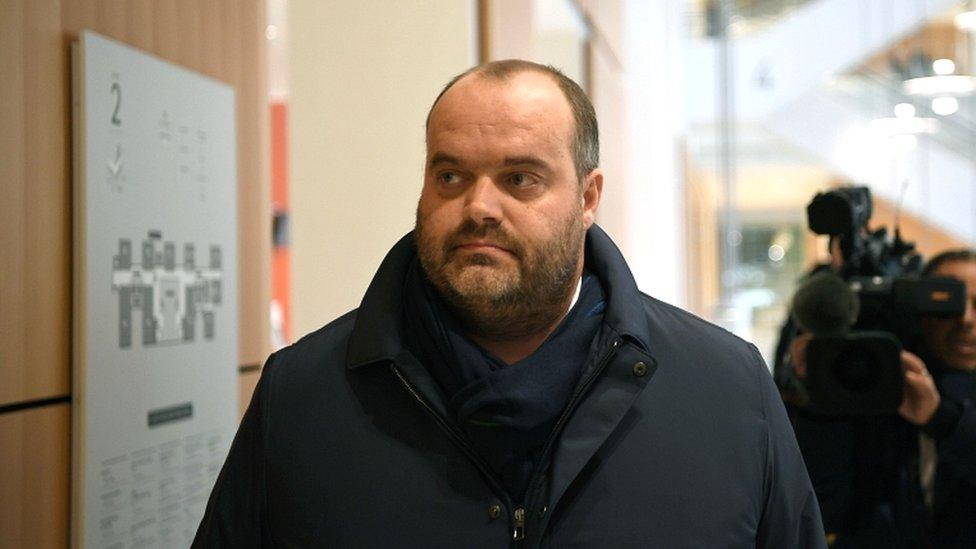
Jacques Poujol did not know he was being sold horsemeat, his lawyer says
The accused, who include Spanghero's former managing director, Jacques Poujol, as well as the manager of its factory, Patrice Monguillon, face a range of serious fraud charges.
Mr Poujol's lawyer says his client did not know he was being sold horsemeat.
But the defence for meat trader Johannes Fasen, who is on trial with fellow trader Hendricus Windmeijer, argues he was openly selling horsemeat.
"My client sold the horsemeat to Mr Poujol because he ordered horsemeat. He sold the horsemeat to Poujol at horsemeat price and Spanghero sold it on as beef at 1.50 euros a kilo more," the lawyer is quoted as saying by Reuters.
The four men face up to 10 years in jail and a fine of €1m (£900,000).
The trial is expected to run until mid-February.

Meat scandal timeline
In mid-January 2013, Irish food inspectors said they had found horsemeat in some burgers stocked by UK supermarket chains
Up to 100% horsemeat was then found in several ranges of prepared frozen food in the UK, France and Sweden
There were concerns that a drug used to treat horses, and which may be harmful to humans, could have entered the food chain
Meat was traced from France through Cyprus and the Netherlands to Romanian abattoirs
Investigations suggested the adulteration was not accidental, but the work of a criminal conspiracy

- Published5 September 2018
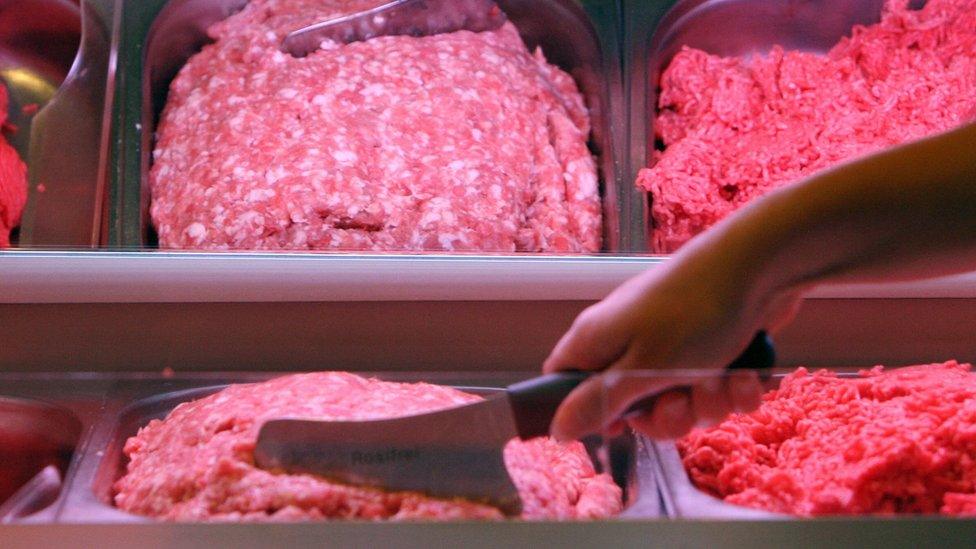
- Published4 August 2017
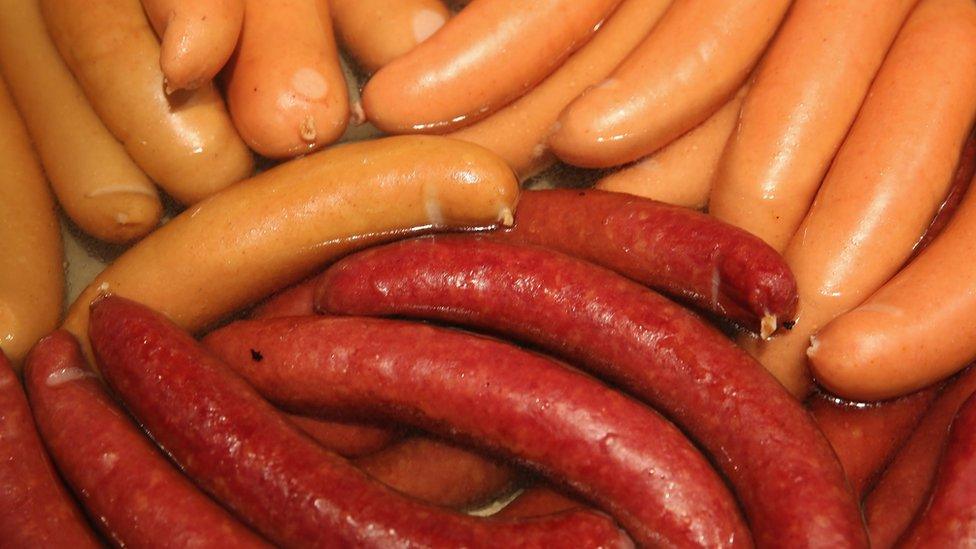
- Published31 July 2017

- Published7 April 2015
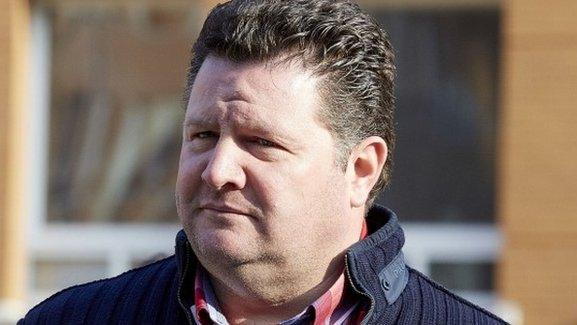
- Published16 April 2013
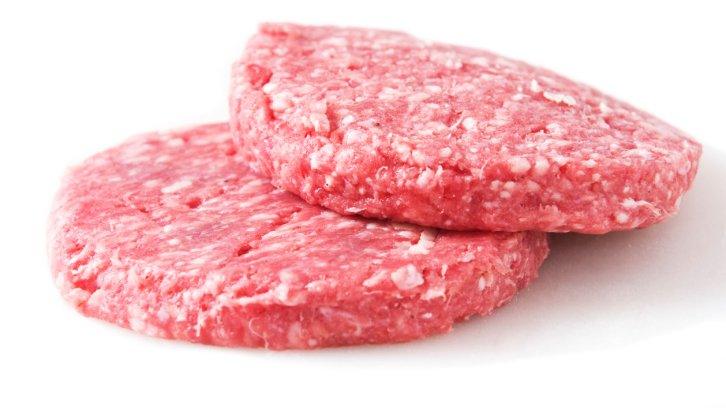
- Published16 April 2013
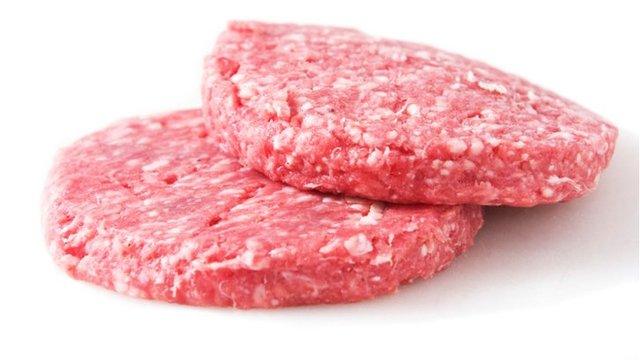
- Published10 April 2013
